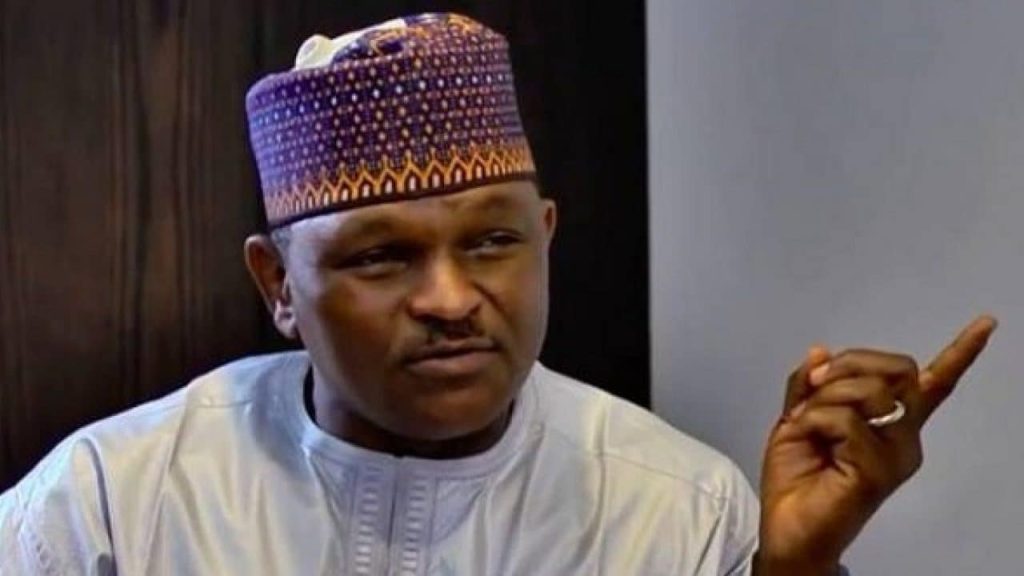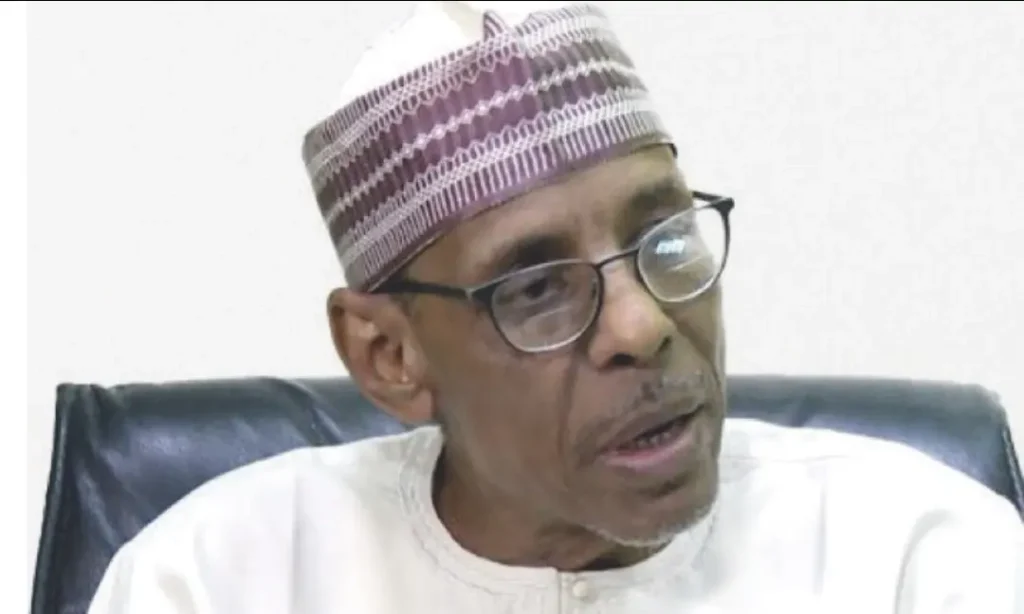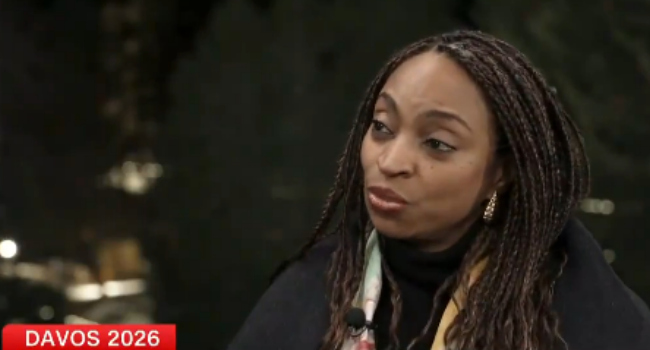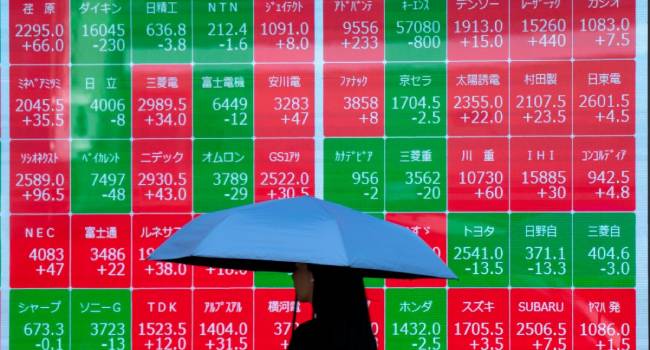The dollar on Tuesday marked a fresh low against the yen and hovered around multi-year lows versus the euro and the Swiss franc as the attacks of US President Donald Trump on the Federal Reserve raised concerns about the central bank’s independence.
Debating on the development, analysts said the dollar was left in an especially fragile state amid market concerns over the US administration’s tariffs, which could spark a global trade war.
Doubts about Fed independence reportedly threaten the dollar’s value as a reserve currency, with some analysts noting possible divestments from what many consider over-exposure to US assets.
The dollar accelerated losses after Thailand’s prime minister said trade negotiations with Washington, scheduled to begin on Wednesday, would be postponed.
The US president ramped up his criticism of Fed chief Jerome Powell on Monday, calling him a “major loser” and demanding that he lower interest rates “NOW” or risk an economic slowdown.
White House economic adviser Kevin Hassett on Friday said Trump and his team were continuing to study whether they could fire Powell, a day after the president said his termination “cannot come fast enough”.
On Monday, China accused Washington of abusing tariffs, warning countries against striking a broader economic deal with the United States at its expense, ratcheting up the trade war between the world’s two biggest economies.
The dollar tumbled to 0.35% at 140.40 yen, after falling below the psychological 140 level for the first time since mid-September. The greenback rose 0.18% to 0.8103 Swiss franc , not far from the decade-low 0.8042 reached in the previous session.
The euro slumped at 0.12% to $1.1498, after jumping to $1.1573 on Monday for the first time since November 2021.
The US currency dropped after Thursday’s European Central Bank policy meeting as investors increased bets on future rate cuts, pricing in 65 basis points of monetary easing by year-end from 55 bps before the European Central Bank’s statement.
Sterling was 0.12% higher at $1.3390 after surging as high as $1.3421 for the first time since September. Even the risk-sensitive Australian dollar climbed to a fresh four-month peak of $0.64385.
“It may take another sell‑off in the US government bond market or US equity market to encourage President Trump to refrain from such comments,” head of international and sustainable economics at Commonwealth Bank of Australia, Joseph Capurso said.



